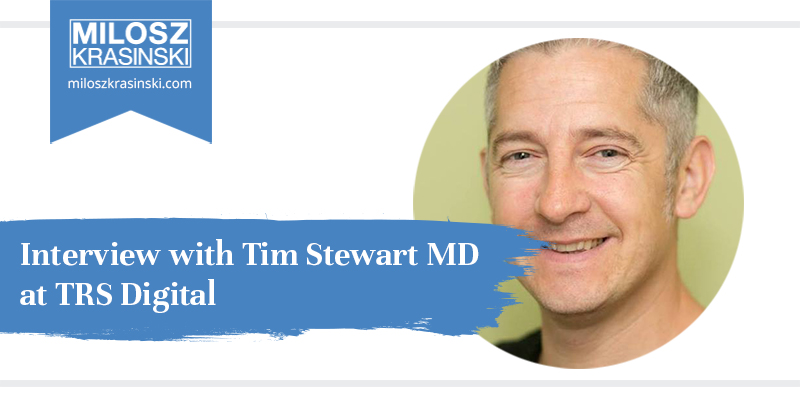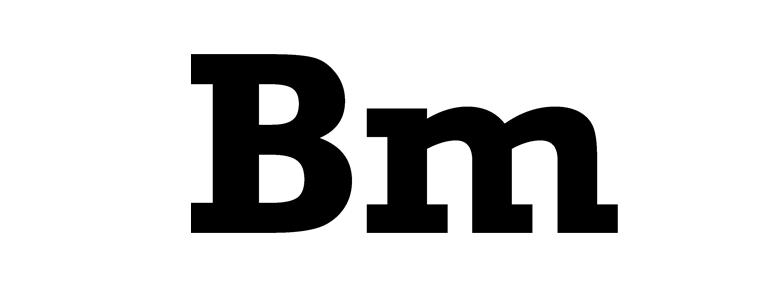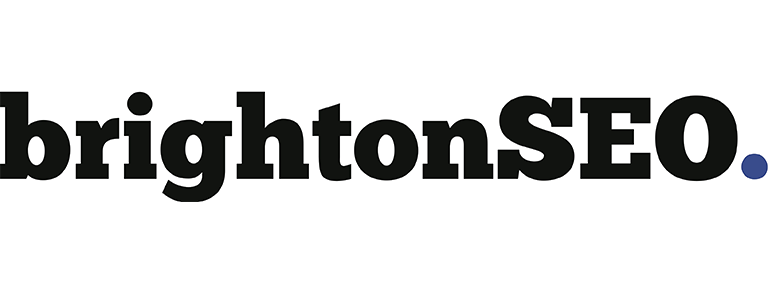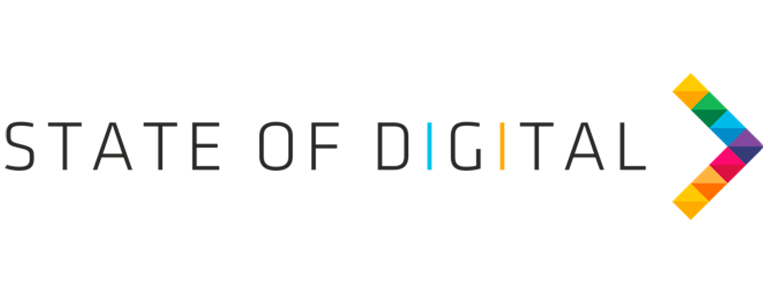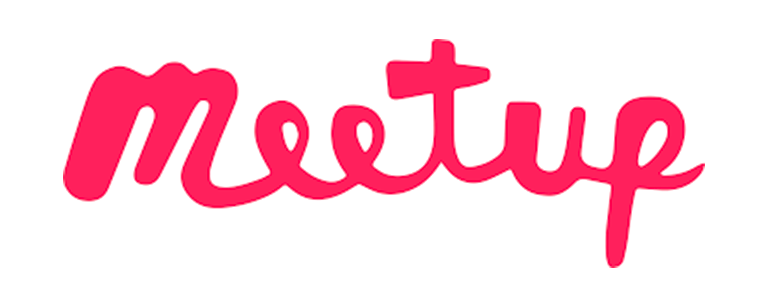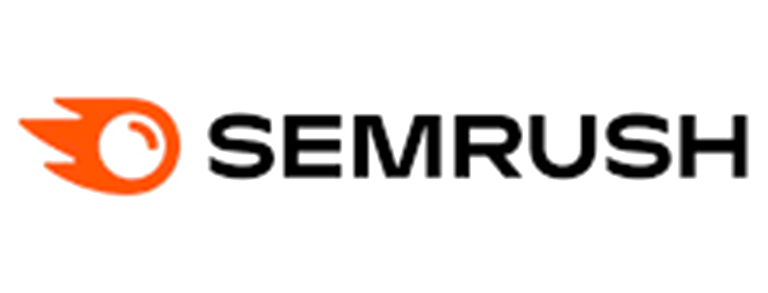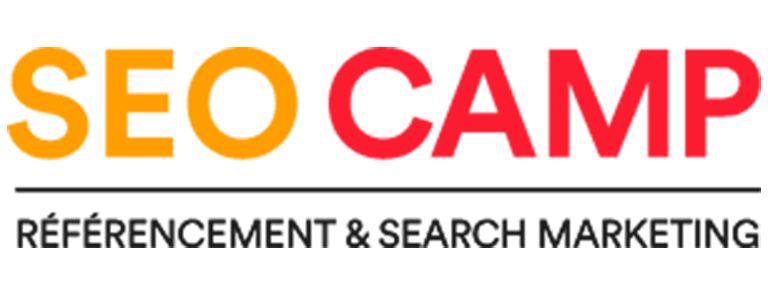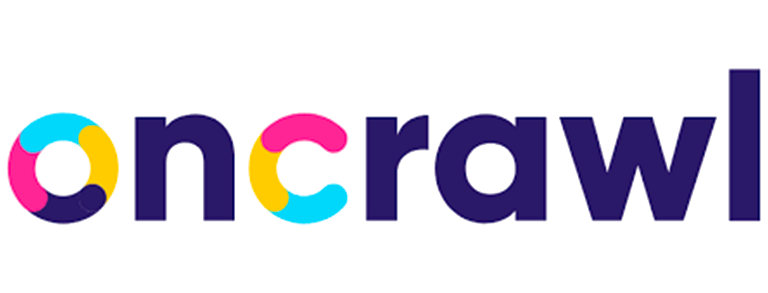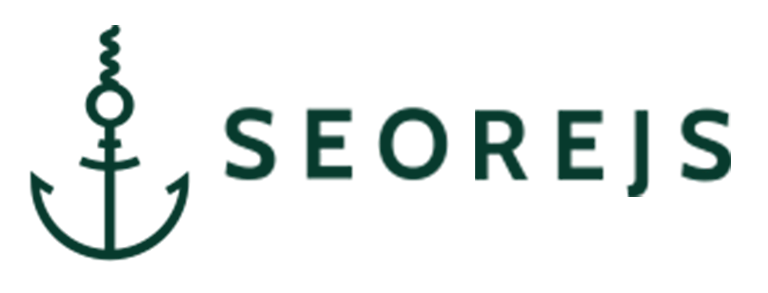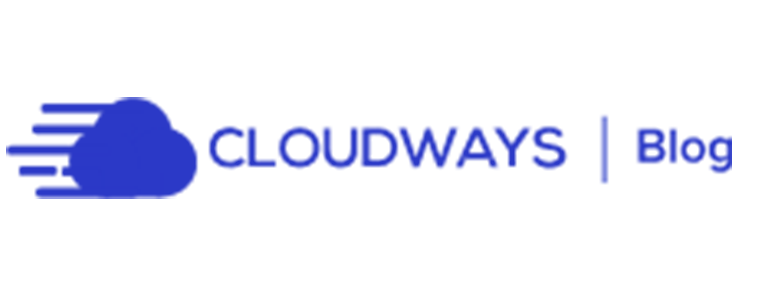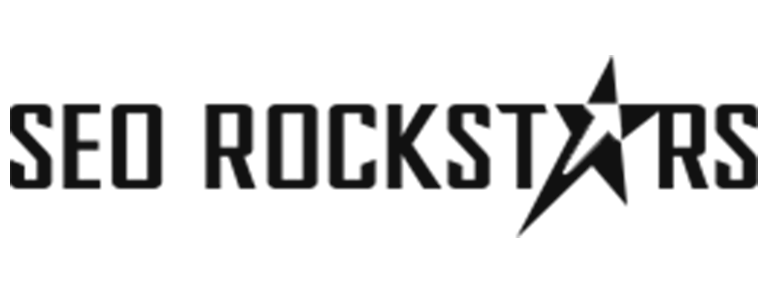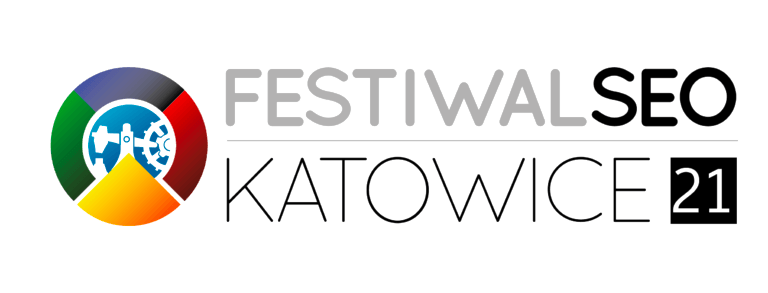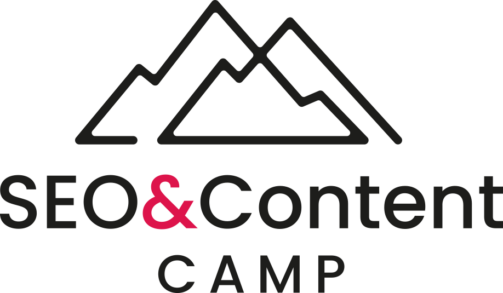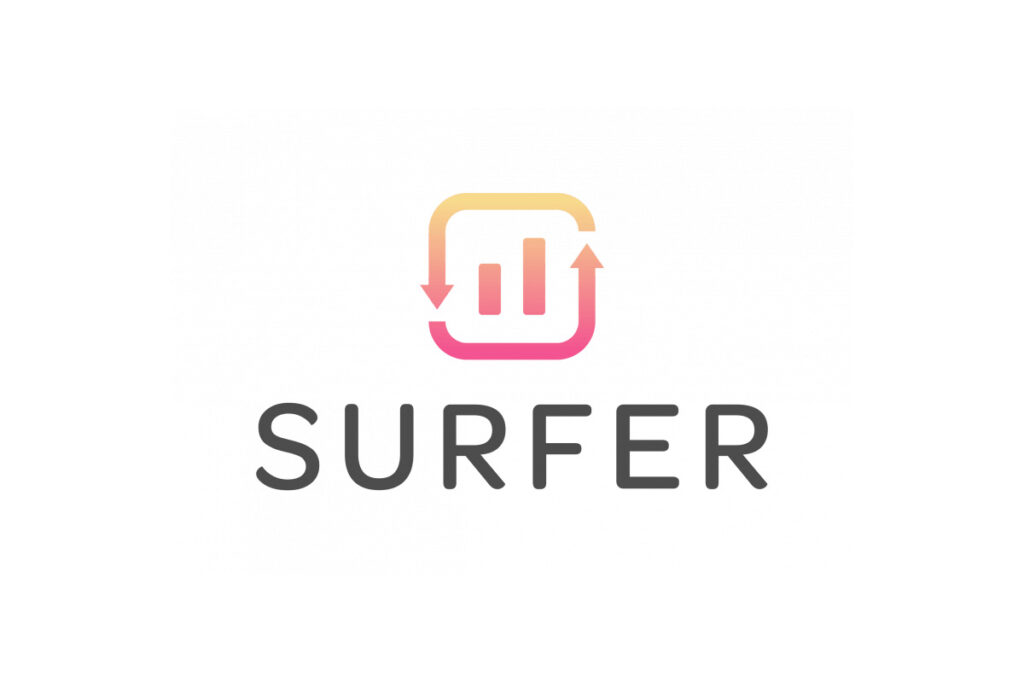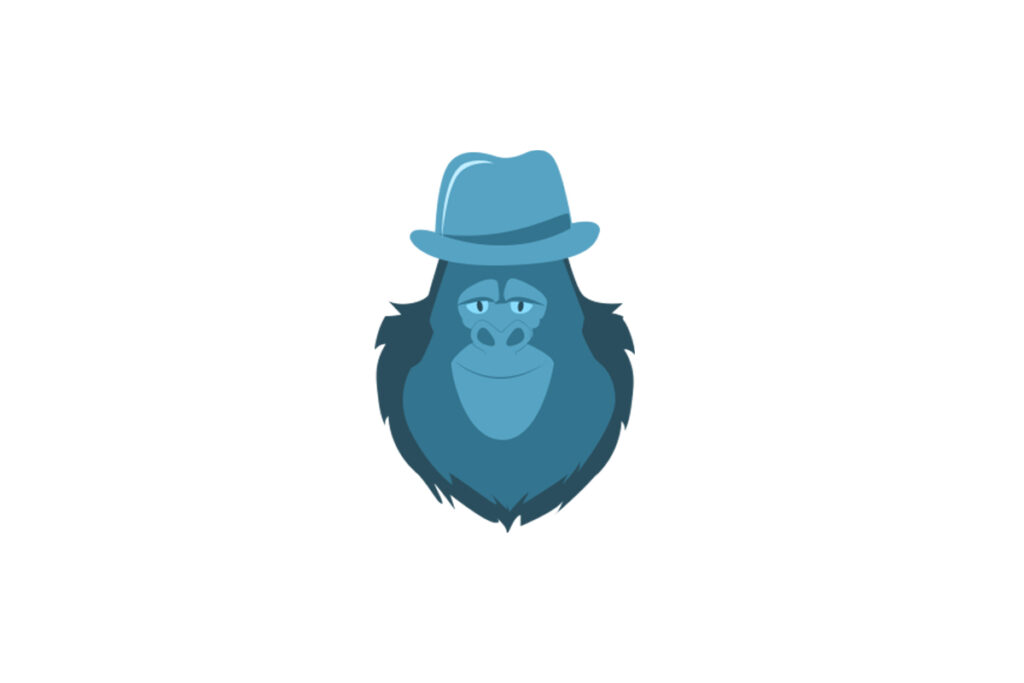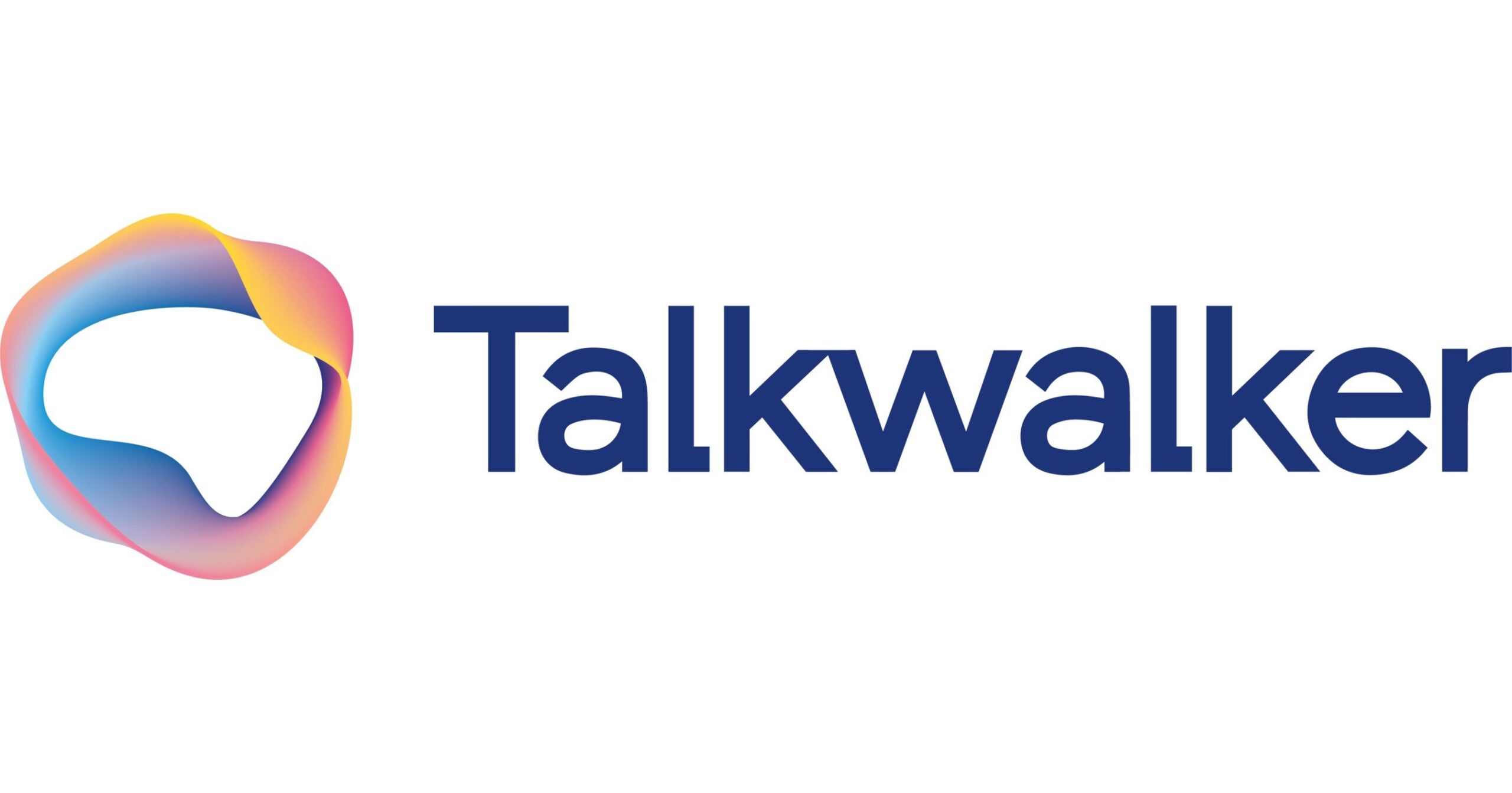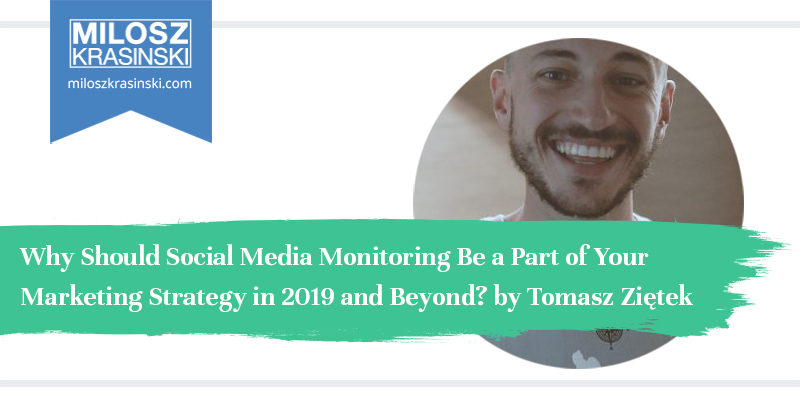How did your start with website optimisation niche?
The shorter version is that I think I’d always had an optimisation mindset. As a kid I was fascinated by time-and-motion studies and taking things apart to see how to get things done better next time.
One of the appeals for me of translating my commercial stuff to web was I finally got a wealth of data to investigate and challenge ideas. It seemed a natural progression into experimenting with that data.
The longer version is more of a quick career history but I guess you can say I specialised in the conversion optimisation space from early 2009 when I joined Maxymiser, right at the beginning when they were still a young start-up. I think I was employee 7.
Tough times, good times, long hours, steep learning curve in a nascent and highly competitive market. I was part of a very good early team who all fought hard to make testing not just viable but successful.
After 3 years and some massive growth for the company and the optimisation sector, my personal situation changed.
My eldest was born and 50+ hour weeks in a start up plus ~20 hours a week commuting meant I didn’t see her awake during the week. I was burning myself out and I knew it.
Policy change meant work from home was removed as an option, so I took redundancy and started my own consultancy. It’s been 7 years operating as a solo consultancy – it turns out the only employer who would employ me with the flexibility and variety that kept me engaged and learning … is me.
What did you do before?
It’s a long and varied career but it’s ended up following what seems like quite a natural evolution to where I am now. In reality more accident and opportunity than design but looking back it seems more of a conscious strategy than it felt at the time.
I’d been working in the motorcycle industry in sales, marketing and advertising for the previous 15 years or so.
Starting out in retail sales then moving on to copywriting lineage adverts in print, then display and advertising sales in print and later web, then working client side marketing in manufacturing
Ended up running B2B commercials for one of the biggest B2C websites back at the same Publisher where I’d started.
Then when new owners decided the internet had no future (in 2007!!) and cut the whole dotcom division, I moved across to do B2B sales and strategy for a development company, who’d been one of my suppliers.
Who then also got bought out and the new owners also then started running this previously successful business into the ground. I could see where it was going so I handed in my notice and walked.
I’d been specialised in web for about 10 years at that point, was aware of split testing and data led decision making and had been doing some of that in the previous 5 or so years.
Nothing sophisticated, AB splits on banners and landing pages, split testing on releases, even direct mail drops with alternative copy/offers. Crunching analytics and statistics manually in Excel.
I’d done enough to understand that I wanted to do more in that direction, but it was moving to Maxymiser that made it a main focus.
I was convinced it was going to be hugely important to the development of internet business and I wanted in as early as possible.
So, leaving my previous role I took a bit of time to research next steps, found the best option for that and took a decision to completely shift market, commute to a start up in London, outside my contact network and comfort zone
Retrospectively therefore it looks like I did International Business and languages at university, started in sales, moved into marketing and commercials and did business, internationally.
Logical progression to then make the move to web and from web commercials a focus on making those numbers improve, so on into optimisation.
Weirdly, or perhaps actually logically this seems to have come full circle. Now in my business, I seem to spend more of my time investigating and fixing the underlying commercials and business setup than I do optimising pages
My experience of 20 years ago helps me understand the business needs, which is needed to make the optimisation program effective.
UX and SEO the differences? Any predictions for 2019?
The only prediction I can give is the official CRO answer™ to every question – it depends
“It’s difficult to predict, especially about the future” Niels Bohr
“Difficult to see, always in motion is the future” Yoda
To be a little philosophical and expand on my thoughts around this – needs a longer response.
At their heart, in theory, very little difference. Google (and Bing) state that they want to deliver the best answer for their users.
In SEO you create content and proposition that provides those solutions, making sure it is presented in a way that makes indexing and matching Need to Solution as easy as possible
If you can provide the answer for the Search engines at a computationally lower cost, if you can present it to users so they understand you offer the solution: You “win”.
User Experience and Customer Experience, you’re matching your proposition and solution to the user’s needs – showing them and guiding them to a solution you provide.
Presenting that in a way that makes the user recognise and reach that solution with as little friction as possible.
So, if you get the audience correct with your SEO, Social and marketing then fulfil that promise by answering the user need when they find you… its all part of the same chain.
That said, there are very distinct skillset and knowledge bases that mean these are related but a very different approach to their respective parts of that chain
The optimisation part of both of those is about reducing or removing inefficiencies.
Ensuring the best proposition match to market need and ensuring marketing and the interface directs the appropriate people to the appropriate resources
The reality is a little different and the skills needed are specialisms, which is why we have separate disciplines.
If people didn’t try to game Google and only got the traffic they “deserve”, then doing it by the book would simply deliver you the audience you should have
If people actually followed the technical guidelines, then the inefficiencies of matching intent to outcome would be reduced.
But they don’t. Everyone is looking for an advantage over the next option. They want more than their fair share. It’s a competitive advantage to have more chances to sell.
So it becomes a tragedy of the commons, everyone has to optimise because everyone else is optimising.
That said, People won’t settle for their “fair share” because that is not the full picture, it assumes and relies on the Search Engines being benevolent and infallible.
They are not. They are playing their own game, with their own market share and business interests and with Social increasingly influencing research and buying decisions that user intent is not entirely clear.
The best SEOs, the best marketers are experimenters, trying to explore both the user intent and the signals that they can parse from the Search and Social sources.
So it’s a moving feast with a lot of variables, only some of which are visible and only some of which can be controlled.
Similarly, UX has some established patterns, marketing has well established understanding of how to communicate features, benefits and how to match customers to products.
We *know* what it should look like in most cases. Give the user what they want, with as little friction as possible. Make and deliver products that offer solutions at a price point that fits and a margin that allows growth
The tricky part is the user sometimes doesn’t know what they want, and friction is only one of several levers and one which changes; depending on the user, device and situation.
Only some of which is visible; some is interpretable, some can be estimated and tested. Which I think is where UX moves into user testing, psychology and the broader scope of CRO. UX is only part of that picture.
But in theory, get it right, deliver it cleanly to the right people and you sell what you are able to sell to the users who fit what you can produce.
But that is not the reality of business. Companies can’t only produce what they “deserve” to sell, judged by their proposition fit against the market need.
Their models are designed to over fit, create desire and need where there is none, out compete other (possibly more suitable) solutions to make sure they get market share over comparable competitors
As a result, a lot of marketing is not user centric, it is not matching what the user needs to what you can provide, and NOT avoiding matching them if you cannot offer a solution.
Marketing is largely focused on the company need – we need to sell “this many” things at this price point – and looking at ways to do that.
At best incentivising and motivating a user to buy from them, not someone else, because they are genuinely the best value/benefit proposition for the user’s needs.
At worst straight up tricking them into a sub optimal match
As such marketing and UX, SEO and PPC/targeting are often used in dark patterns to game their respective systems, to game the user psychology to generate leads and sales outside the natural proposition fit.
In that SEO and UX are very similar.
I have to scroll several times #oldman adding +18 unnecessary options is cray cray. I realise it's easier for you to have dropdowns to control input rather than free text (and sanitising for typos and injection attack) but from a UX perspective dropdowns are teh suck,
— Tim Stewart (@pjeedai) January 28, 2019
But SEO and UX are very different because the ways you improve that fit are different approaches and techniques
Fundamentally they are actually solving a very similar problem, even if the channel specific tactics need different skills.
And we’re seeing a realisation that sustainable long term growth, lifetime value is generated from a user-centric approach, rather than short-term tactical tricks and deception.
In terms of predictions, we’ve seen this convergence in a more user-centric approach over the past few years, as companies realise that a holistic approach to the full user experience, at every touch point, has a longer-term value
I’d like to say that this will become the norm in 2019. But I predict it will not.
I don’t think we will ever see the end of short-term and exploitative practices – you can make money with churn and burn approaches.
The art is doing so at the right time for the least possible risk and getting out whilst you can.
Some people are good at that, some are not. So it’s a higher risk approach with a potentially faster win if you get it right.
As an optimiser you can optimise for either. You need to be aware which the business is aiming for and which they are able to do.
We optimise, we don’t perfectionise. Look for how to do it better, experiment on how to do that. Refine, learn, repeat. Short term or long term thinking, both can be optimised.
But the overall trend is that more companies are looking to not just optimise their marketing for a longer-term relationship but use that data to optimise their product, their proposition, their processes.
In both SEO and UX/CRO I predict we’ll see more companies trying to adopt a truly user-centric approach to everything
We’re also going to see an increase in machine learning and experimentation to spot patterns in traffic and user behaviour to inform what that looks like.
And some will succeed, because they are genuinely doing so, some will fail because they are paying it lip service because it’s the new hot trend
And some will fail, even though they are genuinely doing so, some will succeed despite the fact that for them this is just another tactic to game the users.
Because life isn’t fair, and no one ever said it would be.
If you were about to start website optimisation – How do you usually start your process? Any few steps to follow?
Following on from the last answer – it depends
Start with the business. What are they able to do? What do they intend to do?
Then look at the user, whatever data you can get. Talk to them, look at the analytics, user testing, customer feedback, customer service complaints
What are their actions (and inactions) showing that they want to do?
How many succeed in that? Did many fail? Did many who succeed come back again, refer a friend, have complaints with customer service, leave positive constructive feedback?
How far apart are those things – the companies’ plans and the users preferred outcomes?
If you’ve got a business desperate to sell more, pushing to get more sales, higher AOV, market share.
And a user base who show very little interest in any purchase, even less interest in upsells and higher purchase frequency
Then you have a challenge.
You can either use data to show the company their approach is sub optimal (for that audience).
And they can either change their proposition or change their marketing to an audience who is more receptive of what their business model needs.
Or you can use tactics to convince users to make a purchase they may not otherwise have made, accept that this may impact repeat sales opportunity and increase the need for acquisition marketing of new users.
Or you might have a business with a good proposition, a usable if not stunning UX on the site, good customer service and repeat business
Users on the site show high interest, predictable patterns showing what they are interested in, behaviour appropriate to what would be expected for where they are in the research and purchase cycle.
But the user base is too small, too few of them buy, despite showing interest they aren’t converting at a frequency that fits the business model.
They’re getting beaten in marketing, they aren’t communicating this to enough of the potential audience they should be leveraging
When they reach the site they show intent and interest, but delay their purchase decision for some reason.
This is also a challenge, but a very different shape to the other example and a different approach to optimisation.
So where to start – get to know the business and the users
Most important website analytics?
Following on from the above in all cases you’re looking for signals of intent. That what you offer and how you communicate this is resonating (or not).
Goals and revenue, yes. That’s the final score. It’s the current state of play. It funds your optimisation and is a key metric.
But that’s survivor bias – if you optimise to the ~3% who buy what about the 97% who didn’t. That’s the opportunity. That’s where you’ll learn what to correct.
Final score will not tell you what could have been, what should have been. It only tells you what is. And we’ve already established that what IS, isn’t enough.
And if you want to improve those bottom line numbers you have to understand HOW you came to have those numbers, so that you can look at what impacts them.
So the most important analytics are the ones that for YOUR site can answer – What did they do? What did they click? What did they look at?
If they didn’t click Add or Enquire, what did they do?
If you don’t have that data tracking, then the first step is to get that data. Set up analytics to provide more than just Acquisition Total, Sales Total
There’s a whole website of user interactions telling you what is causing them to fall out of that process between awareness and action.
But you can’t improve what you don’t measure. And if you want to look for places to optimise you need to have that data
If you have that data – what pages are commonly “good”, which are commonly “bad”. Where are the choke points and why?
Which are big enough to care about? Where can you take action now? Where would you need to look a little deeper?
Which devices? Is behaviour consistent across all devices or are there clear differences in how the site is used on each?
What errors (or signs of errors)?
Slow pages, broken pages, bad validation, poor rendering on small screens, intrusive pop ups you can’t close on mobile.
Testing landing page messaging or upsells in checkout will tell you nothing if your checkout is broken on IOS or payment gateway has a script error in Firefox.
Assuming the broken stuff is fixed look into the audience who buy, and those who don’t.
What is the split between New and Returning?
How is their behaviour different? That can be very informative, not just in comparing their relative volumes but how they behave?
With Returning users, what’s their purchase frequency, which products/services appeal most?
If its ecommerce what is the median purchases per year, what is the mean?
What is the distribution – are there a hard core of multiple purchase per year users but a majority who buy twice only?
Are there “star” products that are always the first purchase of a multi purchase user, how well is that promoted?
And on and on and on.
The point is that optimisation never stops, so the first challenge is understand the business and the users, the second is how the site delivers on that.
Then prioritise what you can fix, then prioritise what you can optimise that has the most value, within the limits you have on time, resource, tech stack.
Conferences to attend in 2019?
The ones where I am speaking or compering, obviously
Confirmed for Ungagged in April and Digital Elite Day In June, with probably a few more to come. Trying to do a bit less speaking this year, last couple of years I’ve done a lot and I am trying to be a bit more selective.
Plenty more I’ll attend though, for business and client meetings but mainly because it’s a good chance to learn and improve.
Typically I will go to BrightonSEO in April and September – a great conference for networking and learning
Although it’s not CRO as I think I’ve made clear I don’t think we should be silo’d away from the other related disciplines and I learn a lot from non-CRO conferences.
It may not be something I do for clients, but I need to keep up to date with Search and Social so similarly I like Search London events, Search Love from Distilled is excellent if a little pricey.
Measurecamp London is an unconference, they’ve dropped from twice a year to September only but as soon as they announce tickets I’ll be entering the lottery of trying to grab one of the 250 or so they release
On the CRO side I hope to get to Digital Elite Camp in June, always seems to clash with a holiday or a client project but I’ve heard nothing but good reviews about that and I really want to get across to that if I can.
Similarly I’d like to do CXL Live but clashes with other obligations and I think I’ve left it too late this year, again heard great things but the cost/time to do a US trip means I need to plan ahead for that one.
And the other essential conference for me alongside Brighton is Conversion Hotel – not sure if they are doing one in 2019 yet but it’s always well organised and great speaker line up and attendees
Your favourite industry people?
It’s a friendly and collaborative industry and that’s why I enjoy it so much. It would be a much shorter list to say who I don’t get on with. And I’ll take the 5th on that.
There is no way I can answer that and include anywhere near the people I need to. Honourable mentions to a few, in no particular order, but I can guarantee I’ve missed another dozen more who deserve a mention. Apologies to them.
Arnout Hellemans, not only a talented marketer who like me looks at all disciplines and the holistic approach to optimisation but is a good friend who kicks my arse and reassures me when imposter syndrome hits.
Olga Andrienko (and the team from SEMrush) very talented and driven, crazy international travel schedule but, like Arnout, kicks my arse and supports me in equal measure. She was instrumental in getting me out of my comfort zone to do more speaking.
Els Aerts – User testing and with Karl Gillis UX team that fix broken sites. I like people that fix broken things.
Manuel da Costa, determined to make the industry accountable and work better, integrate good working practice to make testing programs successful and scalable, not just test results. Tough gig but he’s right to push for professional accountability and process.
Peep Laja, again dedicated to making the industry work better and do better. Yes CXL is a business but they put out lots of good content and guidance and we need someone setting standards for entry.
Ton Wesseling, Bart Schutz and the Online Dialogue team. Not only organise my favourite conference but have built an ethical and sustainable agency which I admire very much.
When I grow up I want to be like Ton (except I am actually older than him)
Stephen Pavlovich – again conversion.com run an inspirational agency in terms of quality and professionalism. Serious beard envy though
David Mannheim – Annoyingly young to be running his own agency and I admire his transparency and willingness to listen and adapt.
Anne Marie Klassen – ex Online Dialogue and a very talented optimiser
Mike O Connor – scarily talented analyst and optimiser and also a championship level bodybuilder, scarily dedicated.
Carmen Mardiros, scarily talented analytics and data science. Was preaching PowerBI, cube models and deep analysis to understand business impacts years before everyone else caught up
Georgi Georgiev, scarily talented and produces amazing tools and content on statistics
Chad Sanderson, also scarily talented and makes my head hurt with statistics, but in a good way
Matt Gershoff, see above two but 10x on the headaches his statistics give me.
Craig Sullivan, because he is a force of nature and I think one of the few people whose drive to fix shit and shout at people who wreck shit outweighs mine. Entertainingly sweary
Bryan and Jeffrey Eisenberg, Always Be Testing was the first book I bought on the subject that is now my career, pioneers and again advocates that testing is just one part of optimising businesses, not just websites.
Not directly CRO but huge respect for Simo Ahava – he’s not only supremely talented he’s also extremely modest.
I can honestly say without his articles, code examples and tools I doubt my business would have survived.
He is a content writing, forum participating, slack question answering machine and his willingness to share that content has helped me learn huge amounts which I have in turn then used to help others.
Pivotal. Legend.
In a similar vein, Annie Cushing of Annielytics, Avinash Kaishik, Krista Seiden, Yehoshua Cohen (analytics ninja), Robyn from Lunametrics, Moe Kiss, Pierre Far, Steve Krug, Roni Kohavi, Daniel Waisberg, Justin Cutroni.
All of whom have produced content and guides that have been formative to the parts of the discipline I’ve needed to learn over the years.
And that’s without touching on my friends in SEO, PPC, Social and client side who are fun to be around, help me learn and I feel genuinely honoured to count as friends.
As I said – too many to even mention a fraction here, far easier and shorter to list the people I haven’t gelled with.
And that’s probably as much down to me as anything, I’m quite intense and not everyone gets that.
Your biggest fail?
I’m going to be evasive again – it depends.
Times when experiment results have been not what I expected or wanted. Too many to list, I’ve run well over a thousand tests, those failures must be in the hundreds.
But that’s the point, destroying my preconceptions, disproving hypotheses is why we do this.
Pitches I’ve prepared, sales I’ve missed, meetings I’ve not nailed, presentations where I’ve completely lost the audience and not delivered the point I wanted. Daily, regularly.
Times when I’ve not achieved what I wanted or expected. Too many to list. Daily.
Which of those was biggest – depends on when you were measuring? Some seemed like small impact at the time but have had life long, sliding-doors alternate reality consequences.
Some seemed huge at the time, but losing that job, missing that sale, disproving a hypothesis that meant a whole roadmap had to be binned…
… ended up being the best possible outcome and I avoided seriously damaging outcomes from not “winning”
The ones that hurt, the ones that keep me up at night. They’re the ones where going in I knew it was going to be trouble.
Where I had learned it was a bad move, but not learned how to say No or was not prepared to deal with the consequences of saying No
3 best dad jokes?
Ah see the dadjoke is tricky. Some of my favourite jokes are not dadjokes.
Dad Jokes need to be a simple one liner that you can tell your kids, that they groan at but can repeat.
So the ones that are tried and tested family favourites:
What’s brown and sticky? A stick
How do you get Pikachu on the bus? You poke-him-on
What program do Jedi use to open PDF files? Adobe Wan Kenobi
Tim Stewart Presentation at #BrightonSEO and #SearchElite Manchester 2017. Connect with via Linked profile
